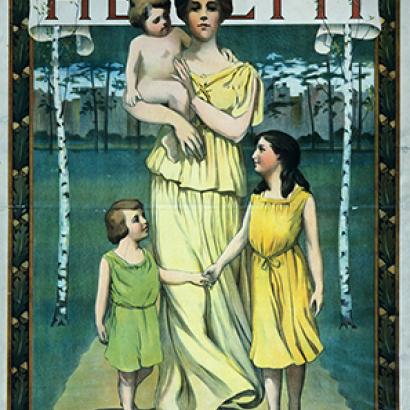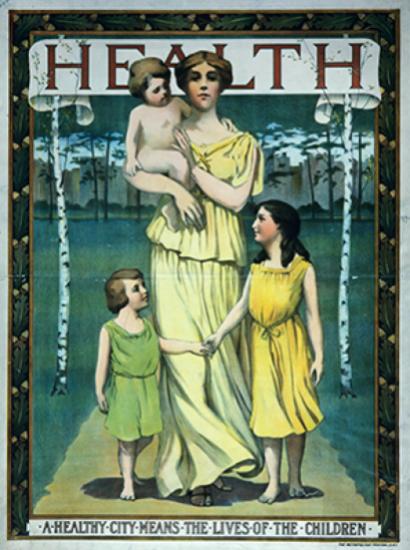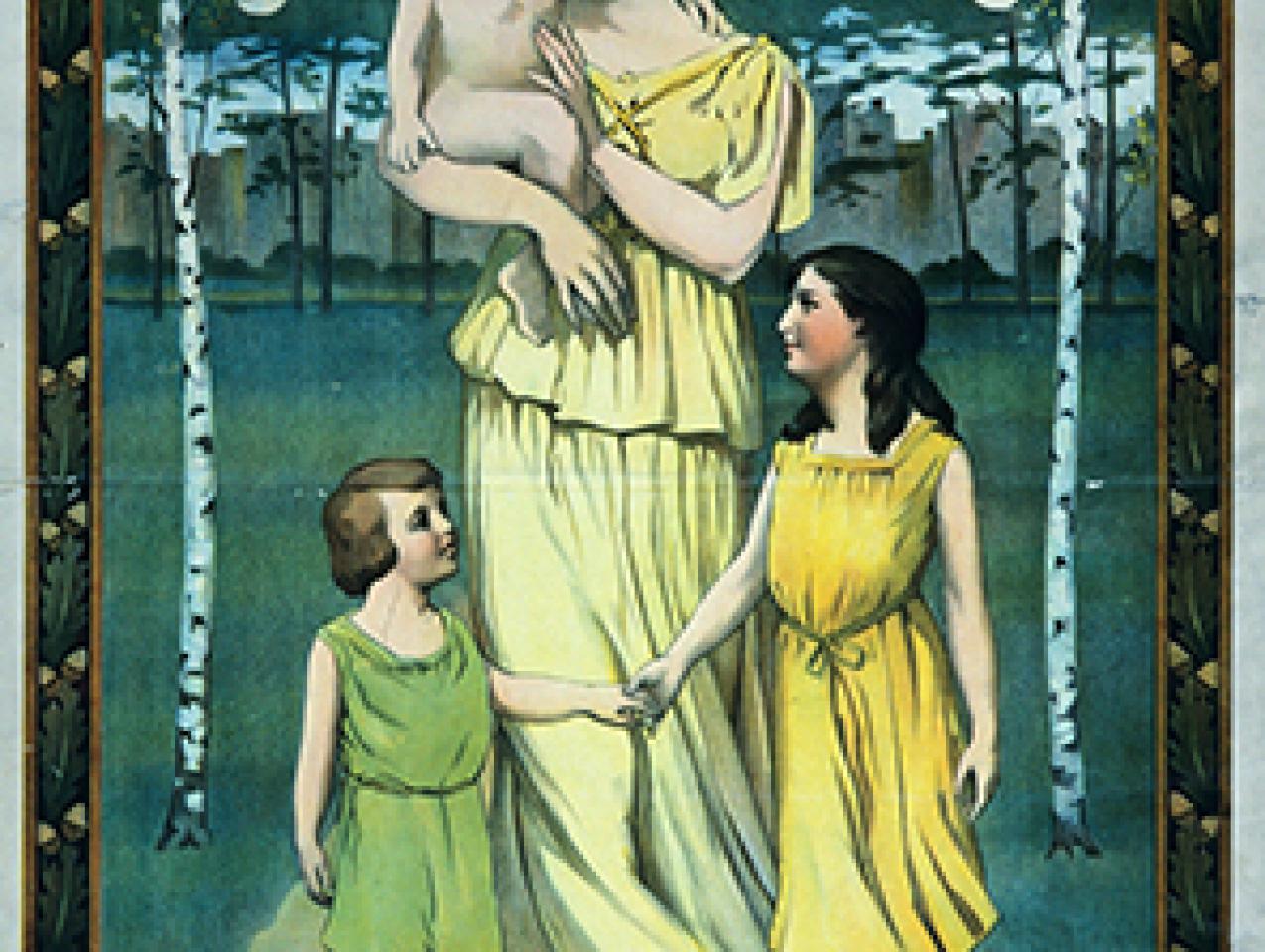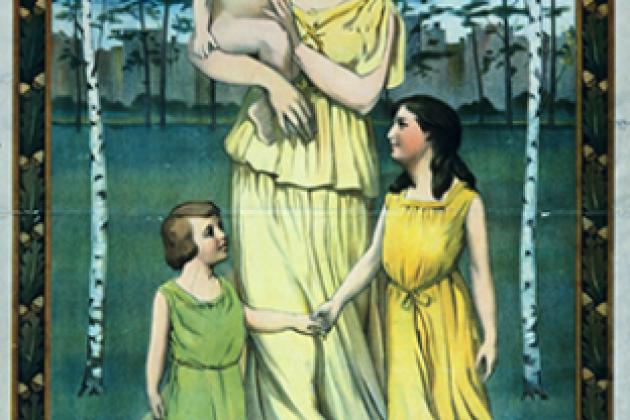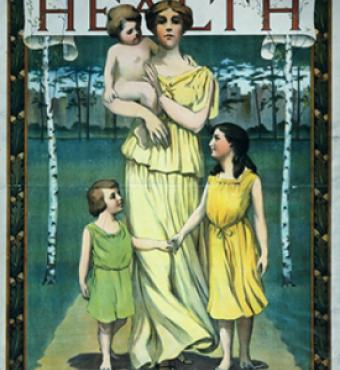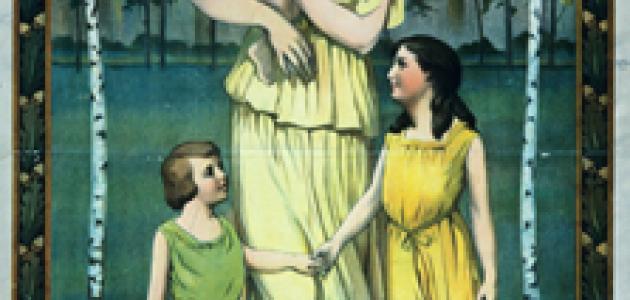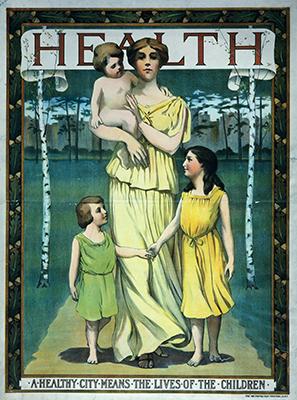- History
- Military
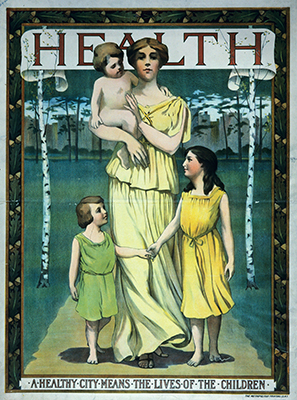
One of the most impressive sections of Thucydides’s timeless account is that of the plague that devastated Athens in the second year of the Peloponnesian War that had begun in 431 BC. He provides us with a clinical description of the disease and its progress, which my medical friends have assured me no modern physician could improve on. Not surprisingly, “the doctors were quite incapable of treating the disease because of their ignorance of the right methods.” Sound like the problems our medical establishment is having in fully understanding the nature of this new virus that we are confronting?
But perhaps the most impressive portion of his account has to do with his description of the plague’s impact on the behavior and response of the Athenian population, as it ravaged the citizens of that great city-state. Thucydides is quite explicit: “In other respects also Athens owed to the plague the beginnings of unprecedented lawlessness....No fear of god or law of man had a restraining influence.” One could argue that the Athenian democracy never recovered its political and moral equilibrium, not just from the death of Pericles, as Thucydides argues, but also from the impact of the plague on the health of the body politic and its religious beliefs.
It is obviously too much to ascribe to plagues as being the single cause for major changes in the course of history. But it would seem that they have had an impact, perhaps indirectly and over the long term that turns the course of the future in quite different directions. The plague, probably small pox, which hit Marcus Aurelius’ Roman Empire in the second century AD clearly affected its ability to defend itself, considering the delicate balance on which the Empire’s security depended and the emerging barbarian threat. In a world where subsistence agricultural barely eked out enough to support the Roman political and military structure, the decline in population affected the empire militarily and economically. In the long-term it may have also contributed to the slow collapse of Rome’s traditional religions and their eventual replacement by Christianity in the third and fourth centuries.
Similarly, the bubonic plague that devastated Justinian’s Byzantine Eastern Roman Empire in the early sixth century not only debilitated its ability to fight off the Persians, but paved the way in the next century for the arrival of the Arabian tribes with their new religion, which seized control of much of the Mediterranean basin. In the fourteenth century the bubonic plague reappeared in Europe to kill off approximately a third of the population. Within a matter of decades John Wycliffe and his followers were disturbing the religious stability of England, and they were soon followed by Jan Hus in the early fifteenth century in Bohemia and Moravia and Martin Luther in the following century in Germany. Certainly, the troubles that the bubonic plague brought in its trail of death caused social, political, and religious troubles. The history of the impact of plagues in the past would seem to cast a dark shadow over our present travails.
There, of course, may be some brilliant medical reply to the fierce challenge raised by the coronavirus. Nevertheless, the immediate political and economic problems raised by the virus remain unclear, but they are certainly going to be enormous. It would also seem that we need to pay attention to the long-term social and political impacts of the virus. What they might be remains entirely unclear, but the past suggests that there is little reason for complacency.







